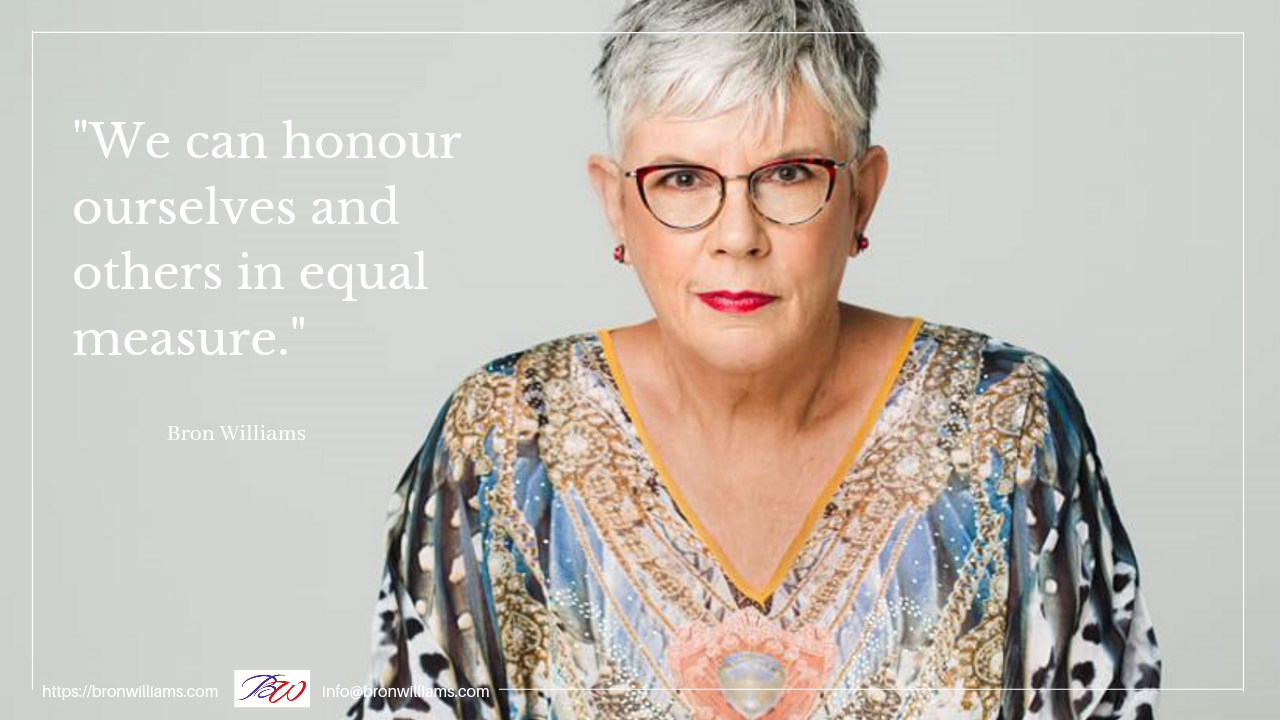The Paradox of Self-Care
Honouring Our Needs and Nurturing Healthy Relationships

In a world that often praises selflessness and putting others first, I've found myself reflecting on the importance of self-care and the significance of honouring our own needs. Throughout my life, I've been taught that prioritising myself was somehow selfish, that my needs were secondary to those of my parents and siblings. This belief was deeply ingrained, stemming from the common teachings of Christianity that emphasised self-sacrifice and putting others before oneself.
As I grew older, I carried this mindset into adulthood, believing that my strength and resilience were enough to handle anything that came my way. Taking care of my own needs wasn't something I considered essential because I convinced myself that I could cope with whatever life threw at me. Little did I realise the impact this perspective was having on my sense of self-worth and overall well-being. The turning point came when I began to question these long-held beliefs and started to honour my own needs. It was a paradoxical realization that by taking care of myself, not only did I benefit personally, but I also attracted people who shared the same understanding. It was as if by valuing my own needs, I was signalling to
others that their needs were also significant.
I learned that when we prioritise our well-being, we invite others to do the same. Healthy, reciprocal relationships are built on a foundation of mutual respect and the acknowledgment that both parties matter. It's no longer about sacrificing ourselves for the sake of others, but rather finding a balance where everyone's needs are acknowledged and met.
By practicing self-care and self-compassion, we give ourselves permission to set boundaries and communicate our needs effectively. In turn, this opens the door for others to do the same, fostering an environment of understanding, support, and mutual growth. It becomes a beautiful dance of honouring ourselves and uplifting others simultaneously. The shift towards self-care doesn’t diminish our capacity to care for others; instead, it
enhances it. When we are fulfilled, nourished, and emotionally balanced, we have more to give to those around us. We become a source of strength and support, not out of obligation, but from a place of genuine care and love.
I want to challenge the notion that self-care is selfish or indulgent. Instead, I choose to embrace the idea that by meeting our own needs, we create a ripple effect that benefits both ourselves and those we interact with. There is a harmony between self-care and caring for others, because we all deserve to be valued and cherished.
The paradox of self-care lies in the fact that by nurturing our well-being and communicating our needs openly, we cultivate healthy, reciprocal relationships where both parties feel seen, heard, and valued. We can honour ourselves and others in equal measure.